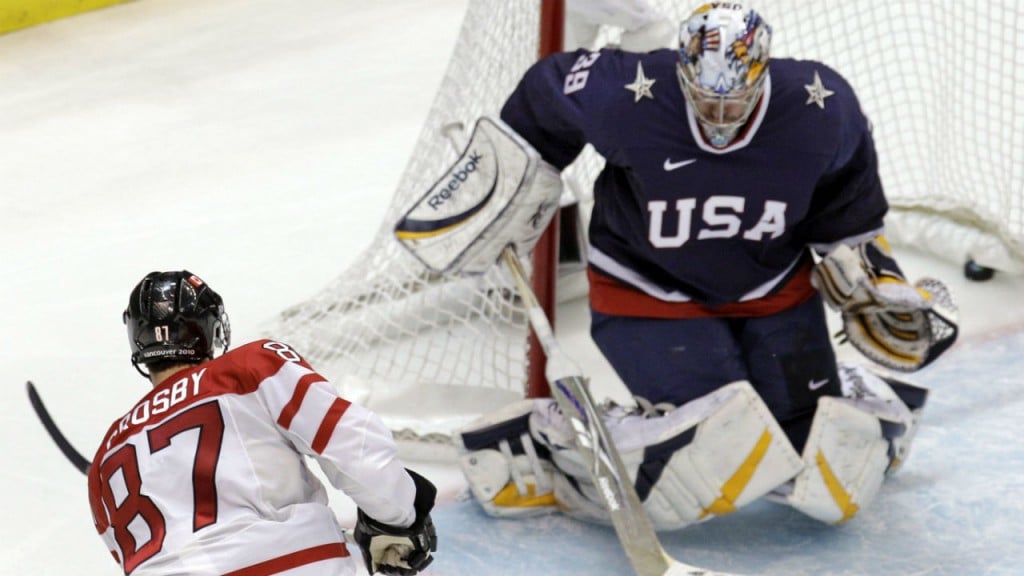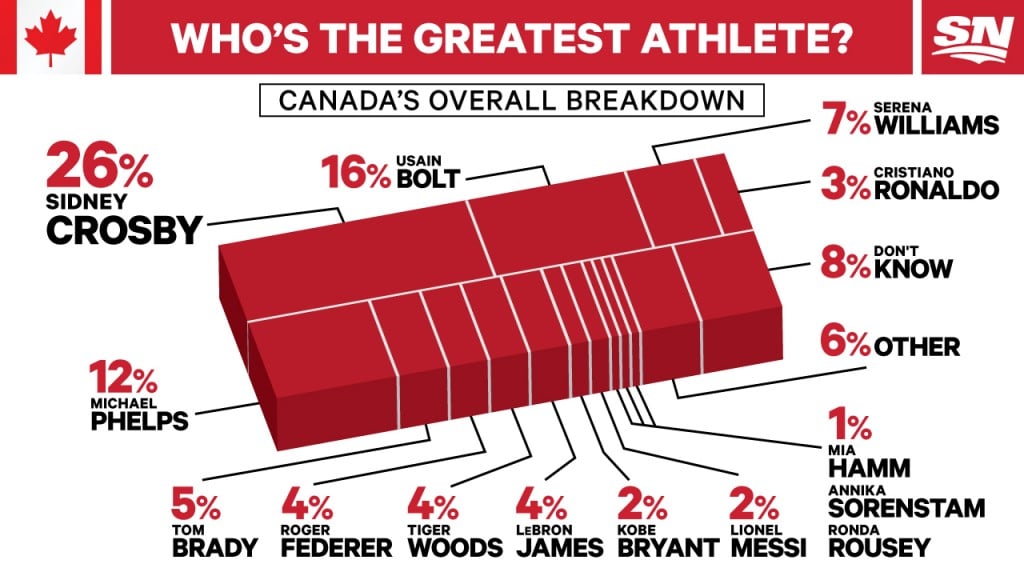Crosby’s golden goal has to be Canada’s most iconic sports moment
‘Iggy!’ It was the call heard ’round the hockey world, a plea for a puck that produced an unforgettable moment in hockey history
Share

“Iggy!”
It was the call heard ’round the hockey world, and it certainly rang out loud and clear through the television set in the common area of my school residence in Karlstad, Sweden.
I was a Canadian watching the home team from a visitors bench nine time zones and more than 7,000 kilometres away, a stew of nerves and nausea and a touch of homesickness simmering in my stomach, rising and falling with every up-ice rush, shot and save during the gold-medal matchup between Canada and the United States on the final day of the Vancouver 2010 Olympic Games.
I had been doing my part for patriotism throughout those Games, laying the groundwork among my new international friends (and temporary international hockey foes) for a Canadian hockey victory in Vancouver. I had become friends with a few American classmates in the early days of my six months studying abroad, but on this night we sat at opposite ends of the room separated by Swedes, Germans, Latvians, Dutch and several others perched on couches, chairs and tables who were curious to experience this much-talked-about Canada-U.S. rivalry we’d been fuelling all week.
I can still feel the thud of dread when I recall Zach Parise’s game-tying goal with 24 seconds left, just as I can still hear the “U-S-A!” chants from my star-spangled American frenemies as they paraded out to the balcony in celebration of a 2–2 game.
The red and white heart I’d been happily wearing on my sleeve during the days leading up to this game was now wedged firmly in my throat as I silently, anxiously (and probably neurotically) awaited overtime. I pictured my fellow Canadians back home doing the same, a nation united in nausea.
And then, just over seven minutes into extra time, it happened. Sidney Crosby broke into the U.S. zone, fired a shot that ricocheted off American netminder Ryan Miller and into the corner, then retrieved his own rebound before sending a quick pass up the boards to linemate Jarome Iginla.
That’s when we all heard it: “Iggy!”
[widgets_on_pages id=98]
Iginla was being hauled down to the ice by U.S. defenceman Ryan Suter but still managed to respond to Crosby’s urgent call with a perfect pass. A narrow gap between Miller’s pads was all that was needed for the puck to find its way to the back of the net and into its final resting place in our nation’s history.
Crosby’s arms went up and so did mine as I launched myself off my perch on the couch and into my fellow Canadians’ arms — just as I knew countless Canucks back home were doing in that very moment. Crosby struck gold, and our national game was ours once again.


